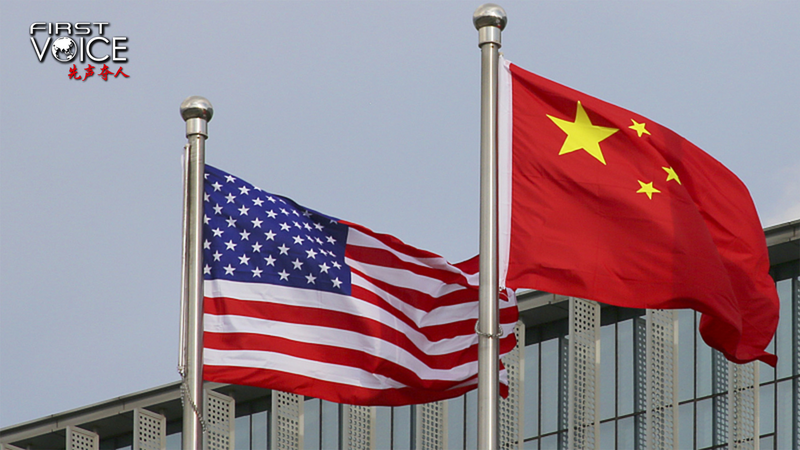Geneva, Switzerland's neutral hub for diplomacy, hosted a two-day China-U.S. high-level economic and trade meeting from May 10 to 11. Chinese Vice Premier He Lifeng announced that both sides achieved substantial progress and agreed to establish a new economic and trade consultation mechanism.
At the press conference, He Lifeng called this an important step toward resolving differences through equal dialogue. U.S. Trade Representative Ambassador Jamieson Greer noted how quickly both sides aligned on key issues, reflecting that gaps were smaller than expected.
Why it matters: China-U.S. trade underpins global commerce. From electronics giants shipping iPhones across continents to farmers exporting soybeans, any disruption can ripple through supply chains and drive up costs worldwide.
Tariffs have taken a toll. Beijing has consistently opposed them, arguing they harm not only the two economies but also the global community. Despite Washington's pressure, the Chinese mainland chose engagement, weighing international expectations, national interests, and calls from U.S. industries.
Now the focus shifts to the U.S. making good on its commitments. Analysts say turning Geneva's dialogue into concrete policy will be critical to stabilizing markets, restoring investor confidence, and keeping global supply chains on track.
For young global citizens, entrepreneurs, and changemakers, Geneva's outcome highlights the power of diplomacy over trade wars. As policies unfold, the real test will be translating words into action, setting a more predictable stage for businesses, tech innovators, and consumers worldwide.
Reference(s):
After Geneva progress, the U.S. needs to make its words count
cgtn.com




